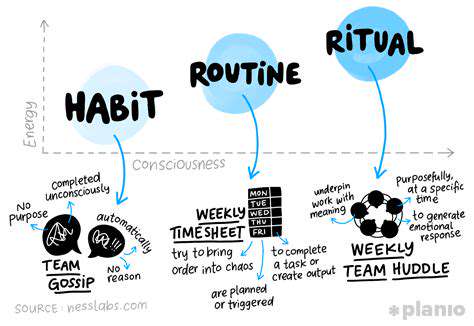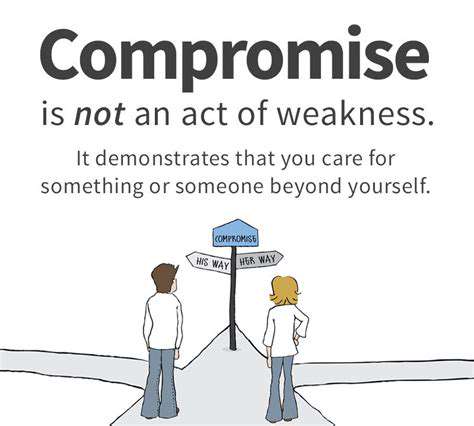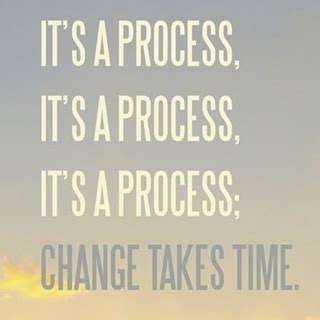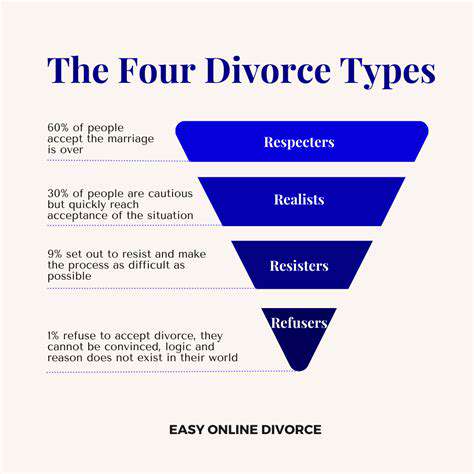Tips for Communicating with Kids During Divorce
List of Contents
Communicate age-appropriate feelings to help children express emotions during divorce.
Use simple language to clarify complex ideas for children facing divorce.
Create a supportive environment for children to express their feelings freely.
Maintain consistency in communication to foster stability during changes.
Encourage coping mechanisms like journaling or mindfulness for emotional support.
Seek professional help to guide children through their emotional struggles.
Reassure children of your love and support throughout the divorce process.
Establish routines to provide children with a sense of predictability.
Involve children in setting routines to enhance stability and control.
Recognize signs indicating the need for professional support for emotional issues.
1. Keep Conversations Age-Appropriate

Understanding Emotional Stages Children Go Through
When families go through divorce, kids often feel like their world is shaking. Spotting the difference between normal moodiness and real distress is like having an emotional roadmap - it lets you know when to slow down and when to offer extra hugs. Little ones might act out with tantrums, while tweens could slam doors, but both need the same patient listening.
Take my neighbor's 7-year-old who started wetting the bed after her parents split. Instead of punishment, her dad began drawing pictures with her every night. Those crayon sessions became their secret language for talking about big feelings.
Using Simple Language to Convey Complex Ideas
Ditch the lawyer talk like it's last year's toys. When explaining shared custody, try something like You'll have two special homes now - imagine having double the birthday celebrations! Keep it concrete: Daddy's apartment has that bunk bed you picked out works better than abstract promises.
One mom I know used Lego towers to show how family structures can change but stay strong. Her kids rebuilt those towers for weeks, each version helping them process the new normal.
Creating a Safe Environment for Expression
- Turn off phones during Feeling Time
- Keep a worry jar for written concerns
- Use emoji charts for quick mood check-ins
The magic happens when kids feel heard, not fixed. My cousin's No Judgment Thursdays became legendary - her teens actually started sharing stuff voluntarily when they knew mom was just listening, not lecturing.
2. Reassure Them of Your Love and Support
Understanding Your Child's Emotional Landscape
Kids' reactions to divorce are as unique as fingerprints. Watch for the quiet ones - sometimes the loudest cries are silent. That straight-A student suddenly struggling in math? Could be numbers feeling safer than facing home truths. I've seen teachers catch what parents miss - that's why maintaining school communication is crucial.
Consistent Reassurances About Your Love
Love needs to be shouted from the rooftops daily. Make I love you routines as regular as brushing teeth. One dad I know leaves lunchbox notes - simple You're my superhero messages that his third grader collects like Pokémon cards.
Promoting Open Communication
Try the Rose, Thorn, Bud dinner game: Rose = best part of day, Thorn = challenge, Bud = something they're looking forward to. It's shocking how kids will mention divorce stuff during Bud time if you wait it out.
3. Encourage Open Dialogue
Establish a Safe Environment
Create a Truth Tent with blankets and flashlights - kids often open up in cozy darkness. The key is making talking feel like an adventure, not an interrogation. My niece's Secret Spy Meetings with her mom produced more honest chats than any serious sit-down.
Use Age-Appropriate Language
For preschoolers: Mom and Dad are making a new kind of family. For teens: We're restructuring how we parent while staying your 1 fans. Adjust your dictionary, but never dumb down the truth.
4. Maintain Routines and Stability

Understanding the Importance of Routines
Consistency is the glue holding their world together. Keep that Tuesday taco night, even if it's now in two different kitchens. One family I know synchronized movie nights - kids loved comparing which parent cried more during the same film.
5. Seek Professional Help if Necessary

When to Seek Assistance
Think of therapists as emotional mechanics - sometimes you need a pro tune-up. If your usually chatty kid clams up for weeks, or your energetic tot becomes a couch potato, it's time to call in reinforcements. Better early than never.










